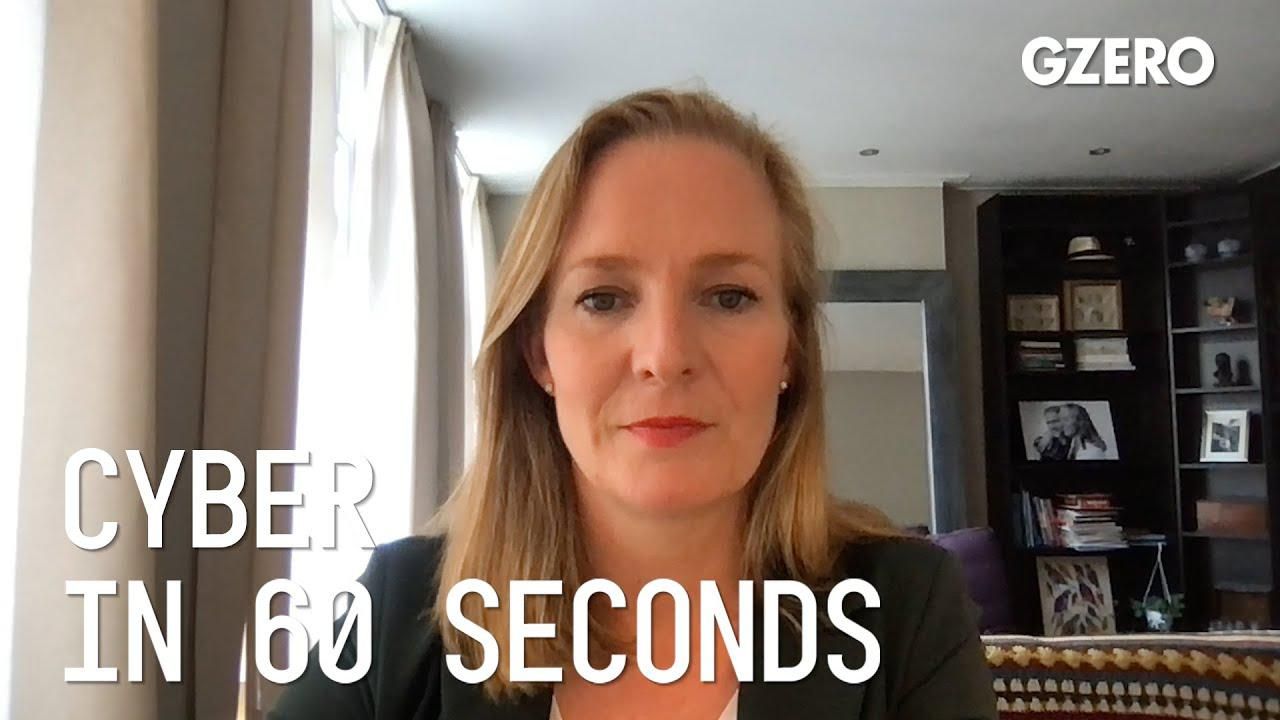
Marietje Schaake, International Policy Director at Stanford's Cyber Policy Center, Eurasia Group senior advisor and former MEP, discusses trends in big tech, privacy protection and cyberspace:
After an attempted hack of a Republican National Committee contractor, is cybersecurity at a breaking point between the US and Russia?
Well, that breaking point has been a long time coming. There was the attempt to manipulate the 2016 elections and now we see a series of ransomware attacks that are escalating. So the question is, what the US can do to decisively change the calculation on the Russian side? Making clear that there will be sanctions and other consequences that hurt should be a start. But it will only be credible if these promises are followed through and enforced.
Why is China launching cybersecurity probes into US listed Chinese tech companies?
Well, there has been an intensification of regulatory measures vis-a-vis tech companies in China itself. So, steps against Didi fit the arm-wrestling pattern between companies and state agencies. Only now, US and international investors have also been caught up. And of course, it brings back memories of the Trump administration, which launched its own probes into Chinese tech firms. So the question is, who stands to lose most from a tit for tat type back and forth?
- Beyond SolarWinds: Securing Cyberspace | Global Stage ›
- SolarWinds hack a wake-up call to the tech sector - GZERO Media ›
- Russia's cyber attack: an act of espionage or war? - GZERO Media ›
- Hackers shut down US pipeline - GZERO Media ›
- Panel: Working together to protect cyberspace - GZERO Media ›
- US & allies unite against China's cyberattacks - GZERO Media ›
- Panel: Working together to protect cyberspace - GZERO Media ›
- Russian hackers target US tech companies with little accountability - GZERO Media ›
- Russian hackers target US tech companies with little accountability - GZERO Media ›
- Watching Russia: cyber threats & disinformation - GZERO Media ›